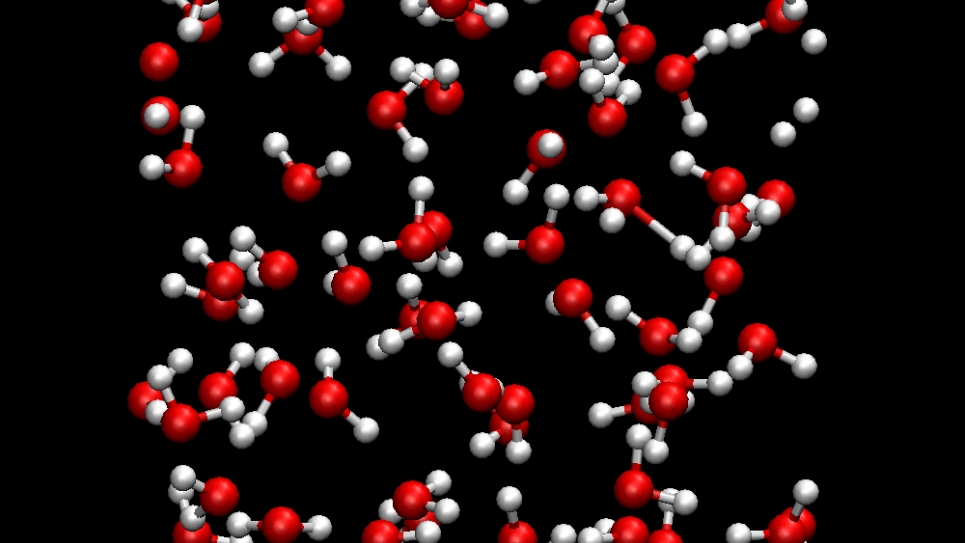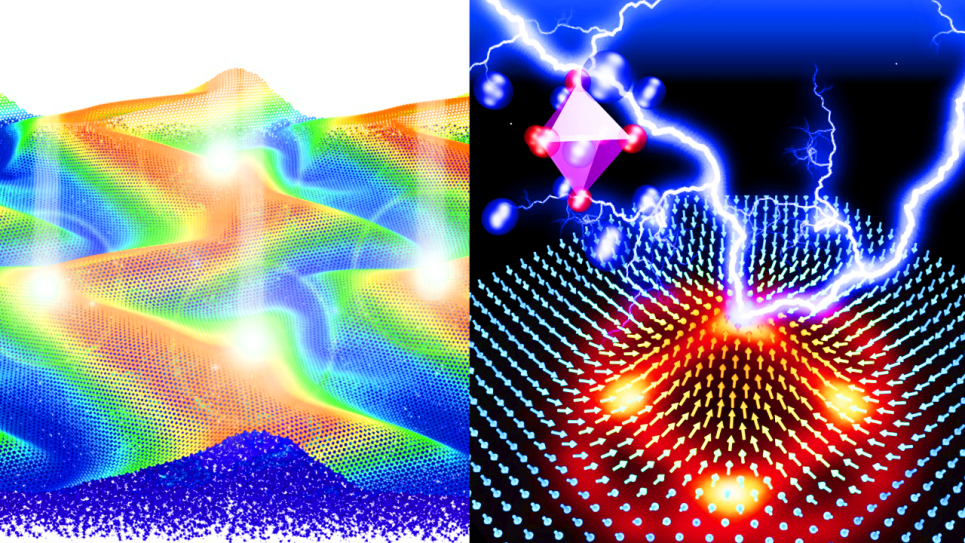
Non-Covalent Bonding in Complex Molecular Systems with Quantum Monte Carlo
Weak intermolecular bonds are ubiquitous in nature, including in water, gas hydrates, and supramolecular systems like DNA pairs, but they are poorly described with current computer simulation methods. The project will use quantum Monte Carlo calculations to create an extensive database of energy benchmarks for molecular systems bound by non-covalent forces, particularly hydrogen bonding and van der Waals dispersion forces. The benchmarks will be used to develop improved versions of density functional theory, whose current standard forms are inadequate for non-covalent forces; the benchmarks will also be used to assess and improve parameterized force fields for molecular systems. Three classes of paradigm molecular systems will be tackled: (a) water in a wide range of aggregation states, including solid, liquid, clusters, layers, and surfaces, (2) gas hydrates (clathrates) of importance for industry and the environment, and (3) supramolecular systems that are important for nanoscience and biology.
A full quantitative understanding of hydrogen bonding is crucial for all systems involving water, including the pure liquid and the many forms of ice, water nano-particles, low- dimensional aggregates such as adsorbed water layers, aqueous solutions, hydrated biomolecules, biological structures stabilized by hydrophobicity, gas hydrates, and many others.
